Religion
While many inhabitants of Millirand pay lip service to the Millirand Five, particularly in Sud'rlund, true devotion is rare. In Jes're'en, worship of a deity called The One is gaining popularity. However, in Noktureesah, worship of the Five plays an important part in everyday life, and the minotaurs of Rhidora still honor Sago with unwavering devotion.
Trae'vinn Yi'fae'n
Worshipful Races: varied. Primarily Worshiped In: Jes're'en.
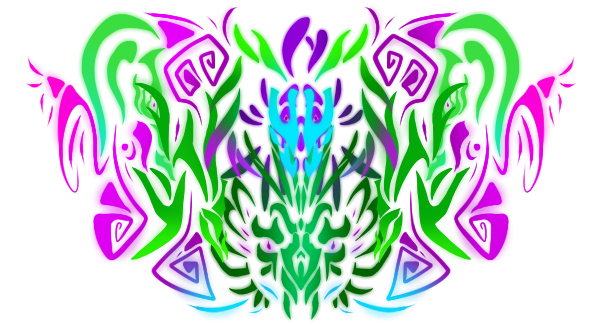
The Trae'vinn Yi'fae'n (Essence of Faith in Draconic) is focused on the ancient faith of the Ten, though it has revolved around that of the Millirand Five in the centuries after the divine split. Formerly, it was held by nearly every denizen of Millirand no matter their race or upbringing, and was involved greatly in day to day life. When the split happened - when the Felnovian Five abandoned Millirand and the remaining gods seemed to disappear - this religion was largely abandoned.
Within the last few hundred or so years, Trae'vinn Yi'fae'n has made something of a comeback, and the Great Temples are once again being visited by pilgrims and commoners alike. Swearing oaths by the Millirand Five - and sometimes the Ten - has become commonplace once more, especially among draconic individuals. Altars to specific gods of the Five or Ten may be found widely around Millirand, and can be seen in many homes.
Speaker of the Gods: Leader of the Trae'vinn Yi'fae'n religion, and organizer of the faith. Often a Seer, and one who offers guidance for those beneath him or her. The Speaker is often a cleric of high power, commonly associated with Fenrir, and may be taken over by their god to speak with their divine voice though this is relatively rare.
Saints: Individuals possessed of great holiness, those who have dedicated their lives in service to the good of the church and those who follow it. They are thought of being beacons of perceived perfection, and thus sainthood is very rare, given only to a select few. For the most part, saints are teachers who wander the land, touching the lives of all who come in contact with them.
Priests: The priests of the Trae'vinn Yi'fae'n are local religious leaders; many are not rich or well known, though most are gifted with healing and light magics. These priests are teachers over all, and the heads of small churches in multiple cities.
Monks/Nuns: Scholars of the faith. They often live in abbeys or monasteries, and are the practitioners of academic study of the Millirand Five or Ten.
Solari
Worshipful Races: varied. Primarily Worshiped In: Noktureesah.
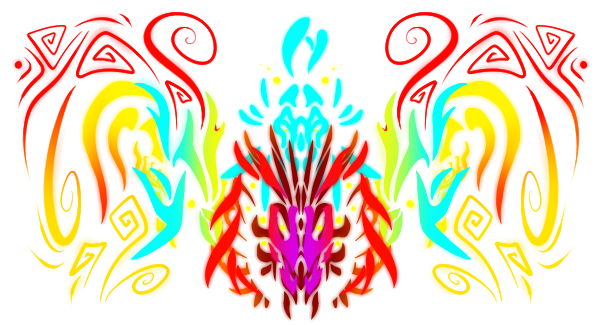
Where the Trae'vinn Yi'fae'n was largely abandoned, and then refocused, in other parts of Millirand, in Noktureesah their own religion flourished and grew. Like the Trae'vinn Yi'fae'n, it is focused on the ancient faith of the Ten, and is called the Solari - meaning 'Sun' in Draconic. It is held by nearly every single member of those living within Noktureesah, and is involved greatly in day to day life. Because of its common name, images of the sun surrounded by effigies that represent the gods are common in Noktureesan art.
Unlike their parent religion, as it never died away and only grew stronger over the centuries of its life, the Solari is now quite different than the modern-day faith held primarily in Jes're'en. Led by the Priest-King, their worship of the Ten is immense, and is known by many specific rituals, holidays, and social practices held by the entire populace. Many of these include sacrifices, often quite bloody, of both non-sapient and sapient creatures and individuals.
The Solari is also very intolerant of the Order of Fraemyth, and will condemn any who they find to support it no matter their race.
Priest-King: Leader of the _ religion, and organizer of the faith as well as king the lord of all Noktureesah.
Speaker of the Gods: Often a Seer, and one who offers guidance for those beneath him or her. The Speaker is often a cleric of high power, associated with one of the Ten, and may be taken over by their god to speak with their divine voice though this is relatively rare. Each Speaker holds allegiance to a different god in a predictable, ten-year cycle.
Mage-Priests: Highly respected and prestigious priests, often part of the Mage Order, and highly gifted in an assortment of different magics.
Priests: The priests of the Solari are local religious leaders; many are not rich or well known, though most are gifted with healing and light magics. These priests are teachers over all, and the heads of small churches in multiple cities.
Sagoism
Worshipful Races: primarily minotaurs. Primarily Worshiped In: Rhidora.

Sagoism is a religion practiced primarily in the country of Rhidora, south of Jes're'en, by the minotaurs that live there. It is focused around the god of the sea, Sago, and while the practitioners of this faith recognize the existence of other gods, they hold allegiance to Sago and only him.
It is customary to pray to Sago for many things, but always before setting sail, fishing, or anything having to do with the sea. Tossing small offerings overboard to Sago is commonplace, and is held as something that will ensure the god's blessing when on his vast seas.
Blessed-Horns: The entity known as the 'Blessed Horns' or 'Blessed Of Horns' is the absolute leader of the religion of Sagoism, comparable to the Speaker of the Gods in other faiths. Often a Seer, and one who offers guidance for those beneath him or her. The Speaker is often a cleric of high power, associated only with Sago, and may be taken over by their god to speak with their divine voice though this is relatively rare. He or she spends little to no time on land, and sails the sea for the majority of their life.
Saints: Individuals possessed of great holiness, those who have dedicated their lives in service to the good of the church and those who follow it. They are thought of being beacons of perceived perfection, and thus sainthood is very rare, given only to a select few. For the most part, saints are teachers who wander the land, touching the lives of all who come in contact with them.
Priests: The priests of Sagoism are local religious leaders; they are known to be semi-monastic sages, and often offer guidance, lead ceremonies, and teach. These priests are frequently heads of small churches and monasteries in multiple areas across Rhidora.
Monks/Nuns: Scholars of the faith. They often live in abbeys or monasteries, and are the practitioners of academic study of Sago, his aspects, and his history.
Order of Fraemyth
Worshipful Races: assorted humanoid races. Primarily Worshiped In: Felnova.
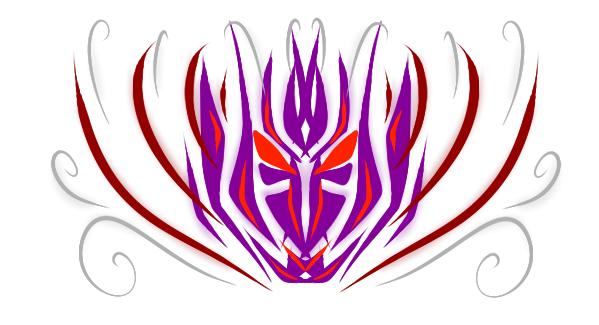
A relatively new religion, it was created and maintained by the Faction of Hope and holds that the greater gods are not truly deities, but are simply tyrannical dragons who hold their power over other, weaker races. They dedicate their faith to a being they call the One God, a humanoid deity resembling an ethereal knight in full armor.
Unbeknownst to the religion's members, 'fraemyth' is a butchering of the Draconic - originally fae'n'amuth, which means 'faith and hope'.
High Priest/Priestess: Absolute ruler of the Order of Fraemyth. Is thought to be blessed and chosen of the One God, his will made manifest within the mortal Realms. Was once known as the leader of the Faction of Hope, he or she rules the spiritual lives of all who claim this faith, and makes sure that the One God is held highest in all Fraemyth lives. Also known as the Grand Hierophant.
Bishops: Nobles of the church, often leaders of the faith beneath the High Priest or Priestess. Possessed of the Sight and great magical power, though none are clerics as other bishops in other religions may be, though they might claim this in belief that they are.
Priests: The priests of the Fiv'ean are local religious leaders; many are not rich or well known, though most are gifted with healing and light magics. These priests are teachers over all, and the heads of small churches in multiple cities.
Inquisitors: Inquisitors are protectors of the Order and warriors of their faith. They work in secret to combat the faiths of the dragon gods and attempt to bring humanoids who do not believe in the One God to the Order, generally through reeducation.

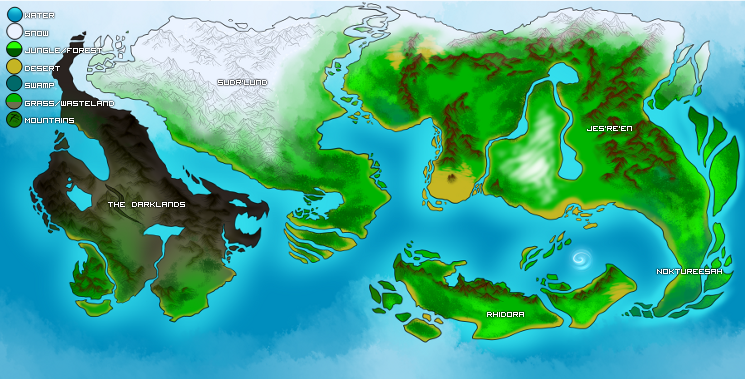
 = 1000 leagues
= 1000 leagues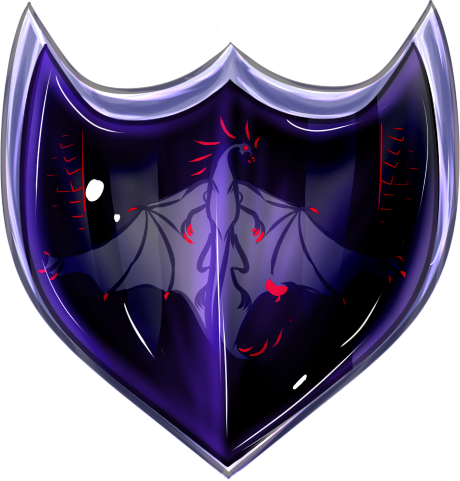






 BRONZE: AELU (1j)
BRONZE: AELU (1j)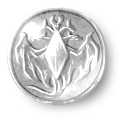 SILVER: ARGEL (25j)
SILVER: ARGEL (25j) GOLD: AURLE (50j)
GOLD: AURLE (50j)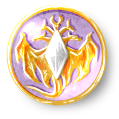 PLATINUM: AILU (100j)
PLATINUM: AILU (100j)


 A relatively new religion, it was created and maintained by the Faction of Hope and holds that the greater gods are not truly deities, but are simply tyrannical dragons who hold their power over other, weaker races. They dedicate their faith to a being they call the One God, a humanoid deity resembling an ethereal knight in full armor.
A relatively new religion, it was created and maintained by the Faction of Hope and holds that the greater gods are not truly deities, but are simply tyrannical dragons who hold their power over other, weaker races. They dedicate their faith to a being they call the One God, a humanoid deity resembling an ethereal knight in full armor.

